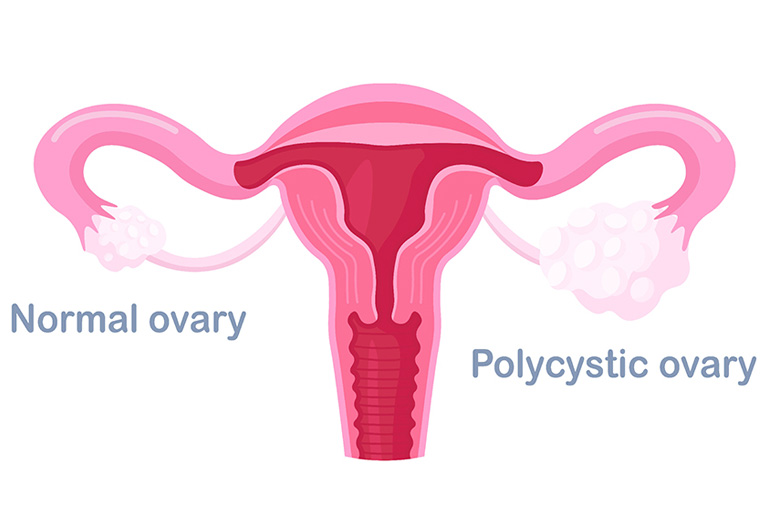September is observed as PCOS (Polycystic Ovary Syndrome) Awareness Month to raise awareness about this condition and improve the lives of those affected by it. PCOS is known to be linked to various health issues, including an increased risk of type 2 diabetes. Additionally, there is a connection between PCOS and blood pressure. Here’s what experts have to say about this link and how women with PCOS can manage their blood pressure:
- Insulin Resistance and Androgen Levels: In most cases, the primary cause of PCOS is insulin resistance, which leads to high insulin levels. This, in turn, can result in weight gain, menstrual irregularities, and elevated androgen (male hormone) levels, leading to symptoms like polycystic ovaries, acne, and hirsutism (excessive hair growth).
- Independent Risk Factor: Some studies have indicated that even when diabetes and obesity are not considered risk factors, PCOS itself can be a risk factor for high blood pressure. This may be due to the high levels of androgens in the bodies of women with PCOS.
- Increased Risk: Women with PCOS have a 40 percent higher chance of developing high blood pressure, according to experts. However, it’s important to note that not all women with PCOS are at risk of developing high blood pressure.
Dr. Tripti Sharan, a senior consultant at the Centre for Women’s Health, BLK-Max Super Speciality Hospital, explained the primary factors contributing to this link, “All these also cause a rise in bad lipids such as triglycerides. Most of these factors — independently as well as together — can give rise to high blood pressure, which along with high triglycerides, increase the risk of cardiovascular complications.”
“Those who are overweight or obese, follow a sedentary lifestyle, stress a lot, don’t sleep well, do not eat a balanced diet, smoke, eat a lot of fats and salts, or develop high blood sugars are the ones at the greatest risk of developing high blood pressure,” Dr Sharan stated, adding that pregnancy in these patients can predispose them to gestational diabetes and high blood pressure.
To help manage and prevent high blood pressure in women with PCOS, experts recommend the following tips:
- Healthy Diet: Adopt a healthy diet that limits carbohydrates and fats while also reducing sodium intake. A well-balanced diet can help lower blood pressure.
- Regular Exercise: Establish a regular exercise routine that includes cardiovascular activities like running, cycling, swimming, aerobics, skipping, or dancing. Strength training exercises (lifting weights) 2-3 times a week can also be beneficial.
- Lifestyle Factors: Avoid smoking and excessive alcohol consumption. Manage stress through relaxation techniques and maintain a proper sleep schedule.
- Medications: If women with PCOS have high lipid levels, their healthcare provider may recommend medications in addition to lifestyle changes to help prevent high blood pressure.
- Routine Screening: It’s essential for women with PCOS to undergo routine health screenings and follow their doctor’s advice for managing their condition.
By following these expert-recommended tips, women with PCOS can take proactive steps to manage their blood pressure and reduce their risk of developing hypertension, thereby promoting better overall health.
Disclaimer:
The information contained in this article is for educational and informational purposes only and is not intended as a health advice. We would ask you to consult a qualified professional or medical expert to gain additional knowledge before you choose to consume any product or perform any exercise.







